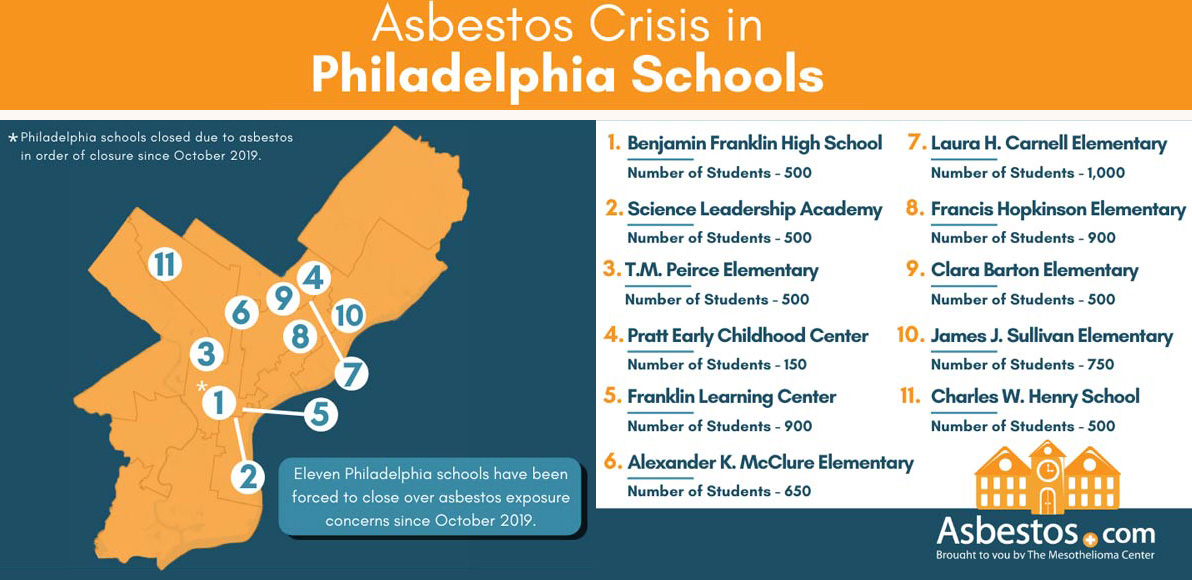Ecotopian Tools for the Academy: “Environmental Injustice and the Philadelphia School District” Course
March 4, 2024
As a reader of Field Notes, you may already be familiar with PPEH’s ongoing project, The Ecotopian Toolkit. Through collaborations with makers, academics, and our broader community, the project, which borrows the term “ecotopian” from Ernest Callenbach’s 1975 novel, Ecotopia, explores tools created to respond to the present moment and pave the way for a better future. While the Toolkit primarily focuses on human support of the natural world (thus far, specifically water and multispecies flourishing), the concept of ecotopian tools can be extended to other aspects of society.
In a fall 2024 course at UPenn titled, “Environmental Humanities: Theory, Method, Practice,” students proposed a series of “Ecotopian Tools for the Academy.” Their ideas encompassed a variety of innovative tools aimed at building sustainable practices into the very fabric of institutional operations in higher education. In this three-part Field Notes series, we will present a selection of tools from those student proposals.
The first tool in the series, proposed by Ivy Steinberg-McElroy, envisions a more impactful and meaningful relationship between the University and its surrounding community.
Proposed by Ivy Steinberg-McElroy
The University of Pennsylvania is the largest private property owner in the city of Philadelphia, The University has also been the recipient of criticism for contributing to the gentrification of the West Philadelphia neighborhood and for not paying PILOTS (Payments in Lieu of Taxes). Property taxes are critical to funding our public schools and the Philadelphia School District has been historically underfunded and plagued with environmental justice issues such as asbestos and a lack of air conditioning in schools which results in frequent closures on hot days. To combat these issues, I first suggest that Penn starts paying PILOTS (while UPenn pledged $100 million over 10 years to the Philadelphia School District in 2020, this is still nowhere near enough to meet community needs). This is the primary change community members are asking for and the most impactful way to contribute to meaningful change.

I also suggest the creation of a Master of Environmental Studies course titled “Environmental Injustice and the Philadelphia School District.” The course will cover the environmental issues the school district has historically faced, current issues that are worsening as climate change progresses, and how they connect to environmental justice (EJ) issues in Philly as a whole. The course will be interdisciplinary and open to students from the Design School, Masters of Public Health Program, and the Graduate School of Education. The course will include field trips to schools throughout the district to see these problems firsthand and conclude with the creation of a final project that addresses environmental justice issues in a specific school. These projects can be varied and include interventions such as community gardens, green stormwater infrastructure to tackle combined sewer overflow, or painting roofs white to address the urban heat island effect. The teams will aim to be interdisciplinary, with MES, city planning, public health, and GSE students working in conjunction to develop a plan with direct input from the schools. If a project is deemed useful and feasible, the students and department can seek partners and funding from UPenn for the project to be implemented. Students will gain knowledge of EJ issues facing Philly schools and learn practical and meaningful ways to build the resilience of frontline communities. This course will address the lack of EJ courses in the MES program, which many students have wanted to see more of, and will serve as a course for the proposed Environmental Justice graduate certificate. A professor would need to be paid to teach this course and transportation would need to be arranged for travel to and from school district schools.
About the Author
Ivy Steinberg-McElroy (she/they) is currently pursuing a Master of Environmental Studies with a concentration in Environmental Resilience and Adaptation at the University of Pennsylvania. Her capstone project involves creating a household level water literacy guide meant to encompass everything a homeowner/renter needs to know about water and their home, especially as climate change brings with it increased water issues such as flooding. She is passionate about flood resilience, environmental justice and wetlands protection and hopes to work to build the resilience of those most vulnerable to climate change.
Sources
Image: https://www.asbestos.com/blog/2020/02/26/asbestos-philadelphia-schools/
